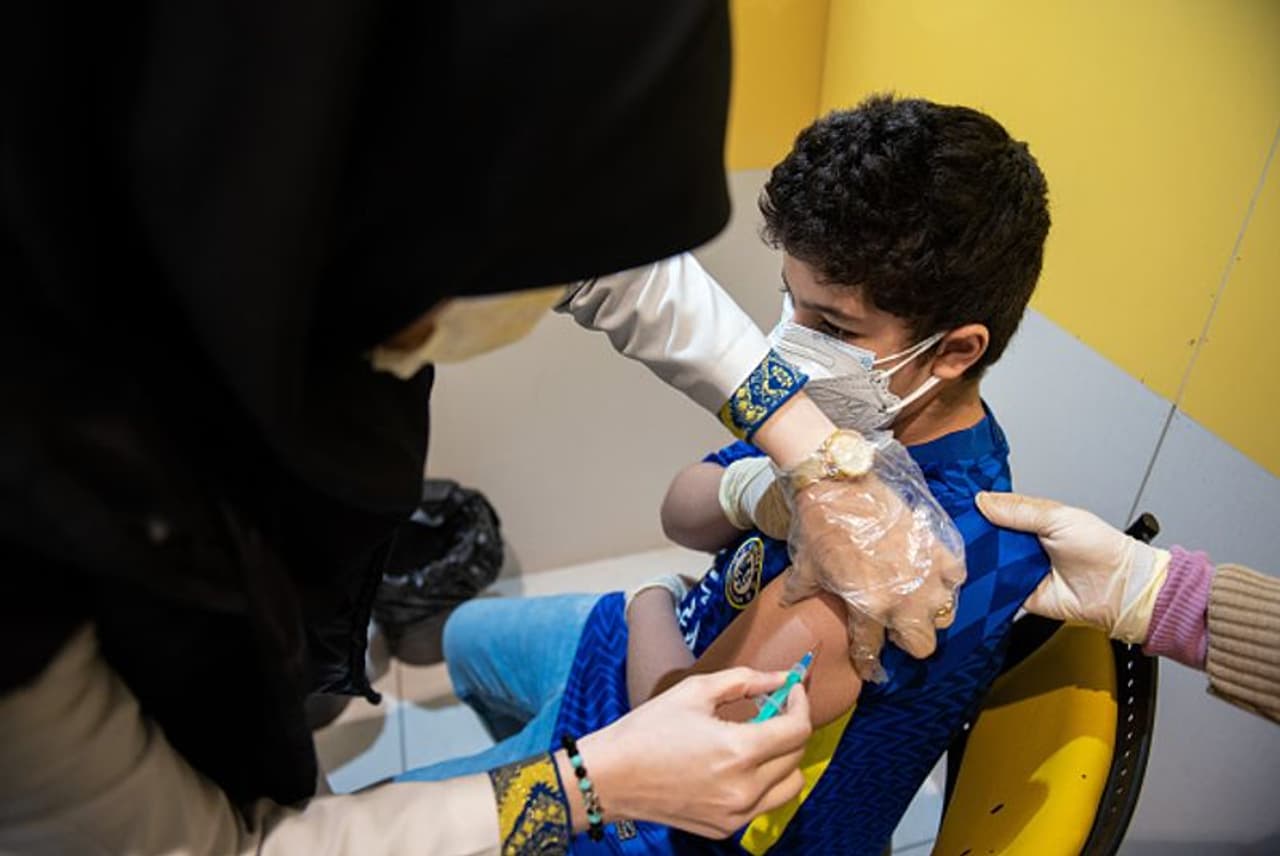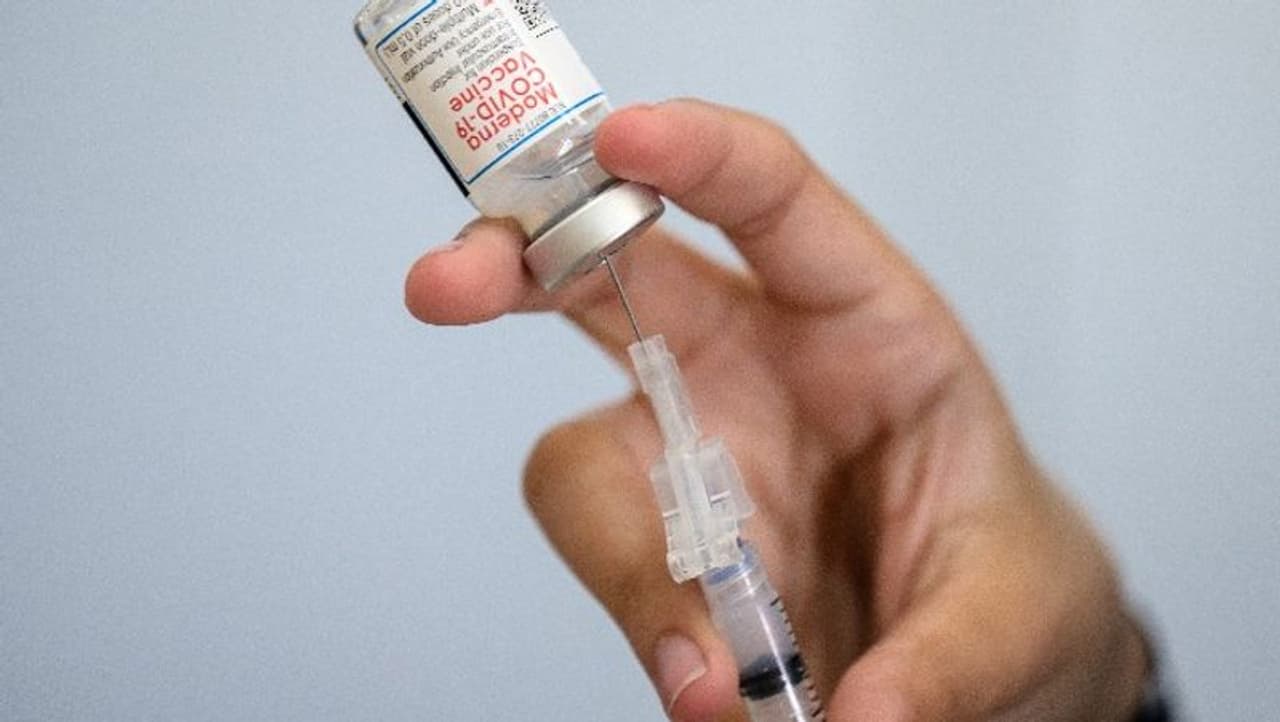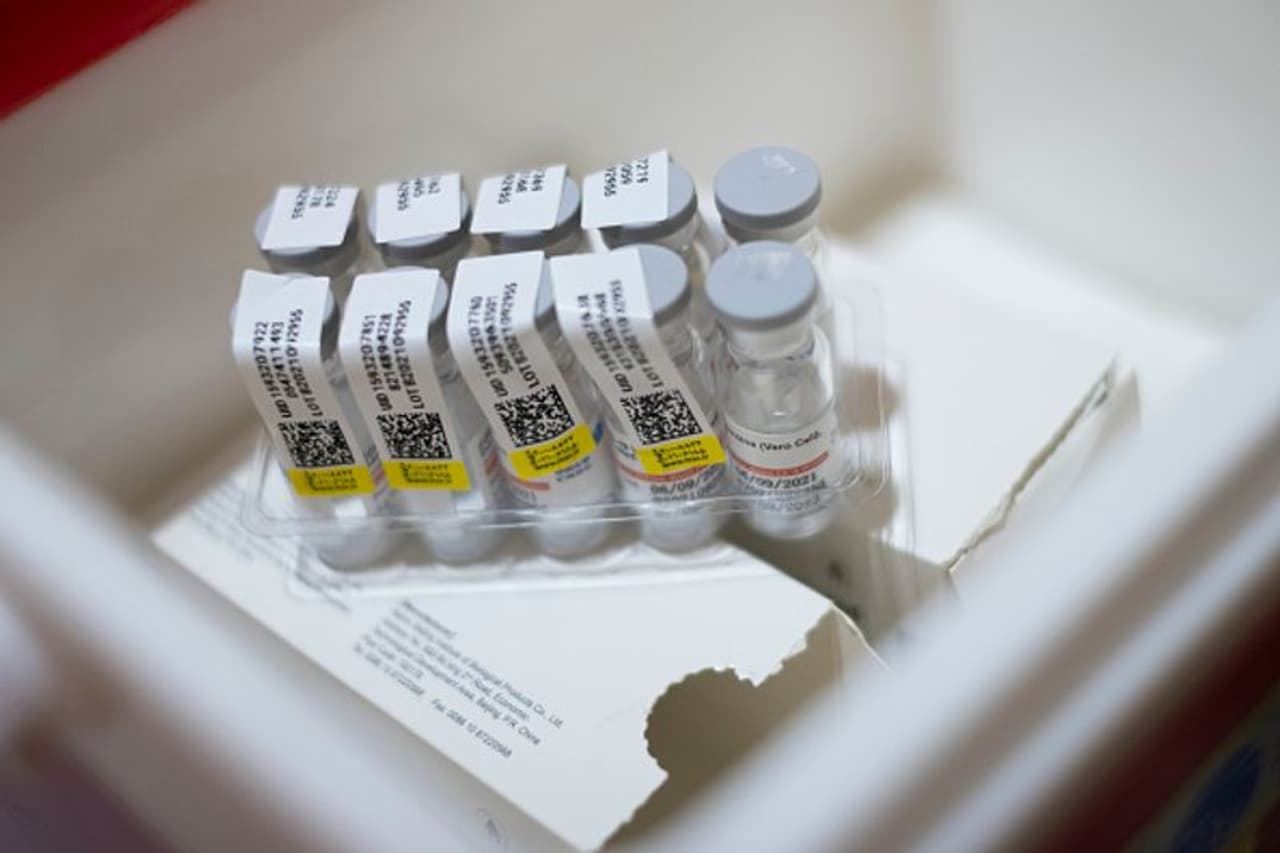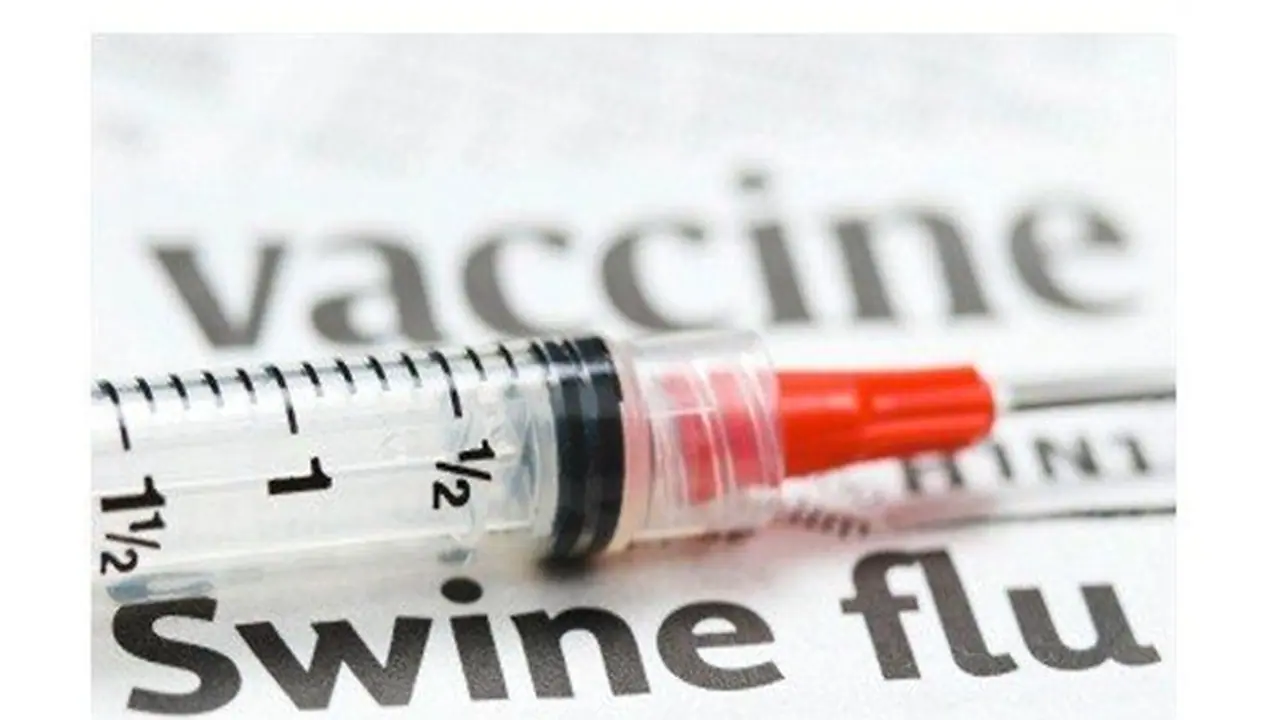Vaccinations work best at the right age and dose since children are prone to particular diseases at certain stages. Unvaccinated or under-vaccinated children risk life-threatening infections.

In India, vaccinations are integral to children's healthcare regimen as they provide them with greater immunity against infections & life-threatening illnesses. The vaccination schedule in India is designed to ensure timely and comprehensive immunity against various diseases. According to NFHS-5 (National Family Health Survey) 2019-21, the country's full immunization coverage is 76.1 per cent. Despite the availability of vaccines, many parents in India remain hesitant and uninformed of the serious diseases that can harm their children if they don't receive proper vaccinations at the right time.
Since children are susceptible to specific diseases at certain stages of their development, vaccinations are most effective when administered at the appropriate age and dosage. Children who are not vaccinated or are under-vaccinated are left unprotected and face an increased risk of contracting life-threatening illnesses.
Also Read: World Kidney Day: Why more men should come forward as donors

Below is a comprehensive summary of the vaccinations for infants (children less than a year) in India:
BCG Vaccine
One of the main causes of illness and mortality in humans, especially in underdeveloped nations, is tuberculosis (TB). As part of the Universal Immunization Programme (UIP), the bacille Calmette-Guérin (BCG) vaccine has been used for around 80 years. The BCG vaccination has been shown to protect children from both meningitis and disseminated tuberculosis.
Rotavirus Vaccine
Rotaviruses are the most common cause of severe diarrhoeal disease in infants and young children worldwide. Primarily transmitted by the fecal-oral route, rotaviruses affect most children worldwide before age three and in most developing countries before their first birthday.
The Rotavirus vaccine protects against rotavirus infections, which are the leading cause of severe diarrhoea among young children.

Measles Mumps Rubella Vaccine
Acute viral infections like measles are transmitted by respiratory secretions. Some of the symptoms are fever, rash, cough, and conjunctivitis. Adults and children under the age of two have the highest rates of complications and mortality. Mumps is a contagious disease that is caused by a virus, which affects salivary glands (often referred to as parotitis), which causes complications in adults.
Most rubella cases, a common and typically mild viral infection, affect children and young adults.
Also Read: Why are parents resisting to give vaccination to their kids?
Pregnant women who contract rubella may experience congenital rubella syndrome (CRS), a condition that results in birth abnormalities or even fetal death. Rubella does not currently have a specific therapy, however vaccination can ward against the illness. Serious birth abnormalities, stillbirth, and spontaneous abortion are possible outcomes of CRS during pregnancy.
Hepatitis B Vaccine
The Hepatitis B virus causes potentially fatal liver infection, which is easily preventable by vaccine. It can lead to persistent infections and increase the risk of liver cancer and cirrhosis-related deaths.
The World Health Organization advises that all newborns should have the hepatitis B vaccine as soon as possible, ideally within 24 hours of delivery. The immunization series should then consist of two or three doses at least four weeks apart.
Protection is likely a lifetime and lasts for at least 20 years.

FIPV Vaccine
Polio, which is a highly contagious viral disease, now irradiated, can be effectively prevented through vaccination. The inactivated poliovirus vaccine (IPV) is a critical tool in the fight against polio, providing long-lasting protection against the disease. Administered multiple times as part of routine childhood immunization schedules, IPV stimulates the immune system to produce antibodies that safeguard against poliovirus infection.
PCV Vaccine
Worldwide, pneumococcal infections are a frequent source of illness and mortality, particularly harming young children and the elderly. PCV helps prevent potentially severe illnesses by stimulating the body's immune response to specific strains of the bacterium, particularly in infants and young children. Childhood immunization mainly includes pneumococcal conjugate vaccines (PCV), which is especially important in nations with high childhood mortality rates.

Influenza Vaccine
The influenza vaccine for children is an essential preventive measure against the flu, recommended annually for children over six months old. Administered in two doses for children receiving the vaccine for the first time, it helps protect against flu strains prevalent each season, reducing the risk of illness and its associated complications in young individuals.
The influenza vaccine for children is crucial in safeguarding their health by building immunity against the influenza virus, contributing to overall community protection and well-being.
The vaccination schedule for children in India is crucial for protecting their health against life-threatening illnesses. Despite progress, gaps in awareness are still there, leaving some children vulnerable. Initiatives like Mission Indradhanush aim to address these gaps, making efforts to increase immunization coverage rates. Through phases like Intensified Mission Indradhanush and 2.0, it targets vulnerable populations, showing significant progress in increasing vaccination rates. With sustained efforts and collaboration, we can ensure that every child receives all the essential vaccinations
-Dr. Nitin M, Consultant, Paediatrician and Neonatologist, Motherhood Hospitals, Electronic City, Bengaluru
